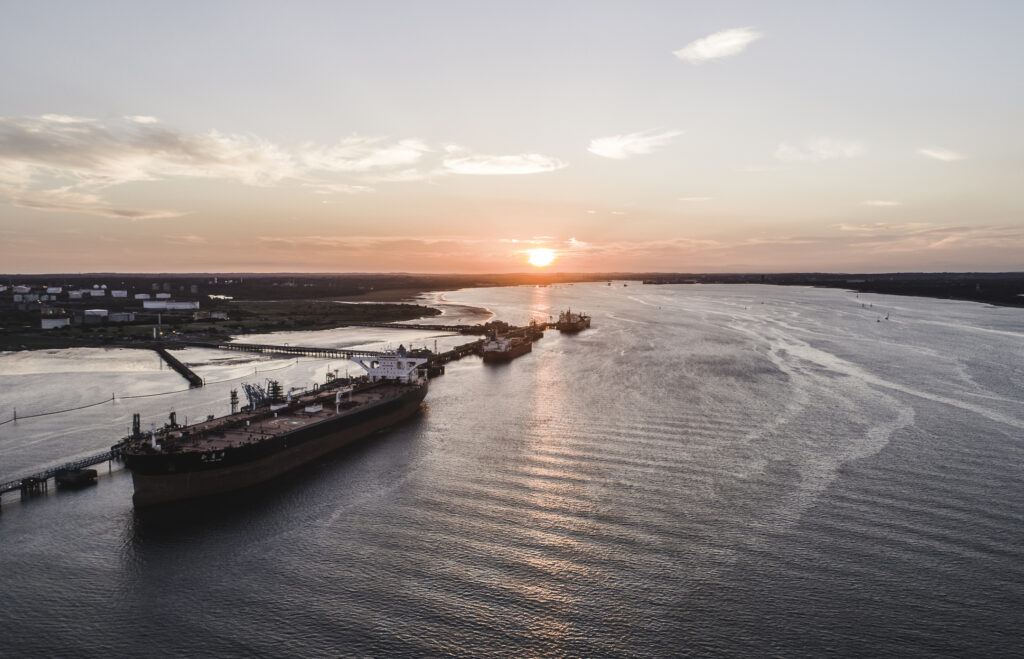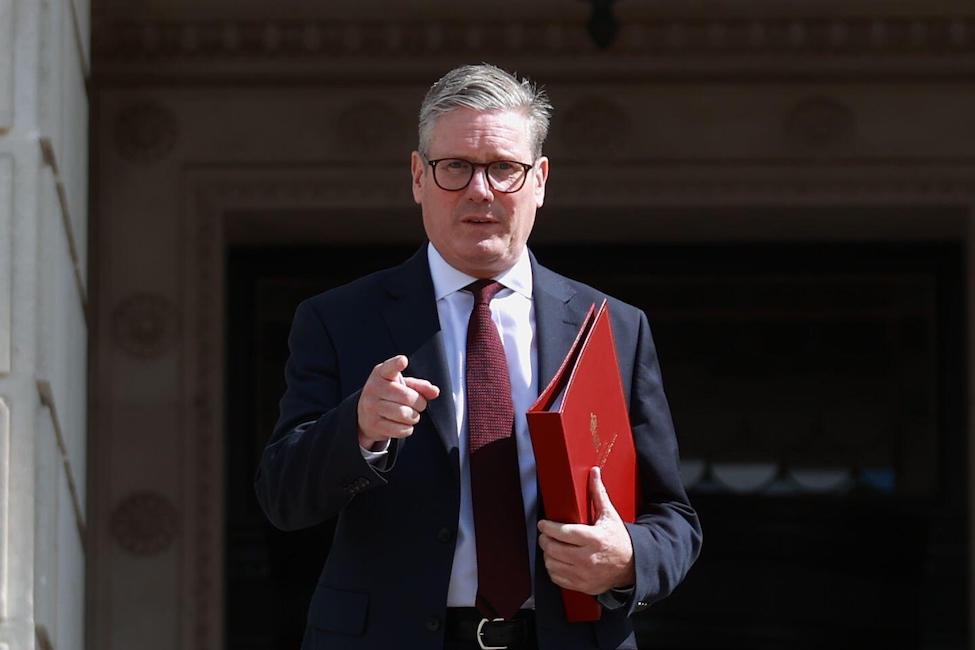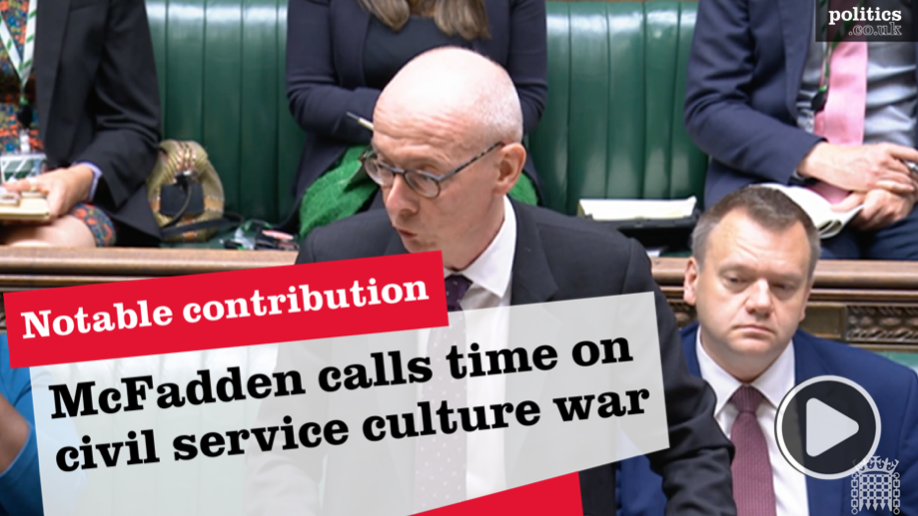The decades that followed the end of the Cold War were an exciting time to be alive. History, as Francis Fukuyama famously declared, had ended, and Western liberal democratic capitalism had won. The world was opening up, globalisation was in full swing and geopolitics and interstate rivalry was seen as a thing of the past. As a nation with a long and proud history of international trade, the UK wholeheartedly embraced this new economic reality. In 1991 the value of the UK’s international trade was the equivalent of 45% of GDP, but by 2024 this has rocketed to 69%. Great Britain was open for business, and to trade with the world.
While our leaders were busy extolling the virtues of a global economy, few seemed to be concerned that this international openness was leaving the UK exposed. After all, why be concerned that the UK didn’t have any domestic microchip manufacturers, when these could always be bought cheaply on the global market? Where they were made and by whom didn’t matter, only the price. The UK, our leaders decided, should focus on what it did best – selling highly profitable financial, legal and other professional services, and let other countries produce the things that were too dirty, polluting or just low margin for us to bother with.
***Politics.co.uk is the UK’s leading digital-only political website, providing comprehensive coverage of UK politics. Subscribe to our daily newsletter here.***
The events of the last few years have shown just how vulnerable our openness has made us. The COVID pandemic disrupted global supply chains, and highlighted the risk of relying on factories on the other side of the world for essential goods. As each country engaged in a mad dash to secure vital PPE for their medical workers, where things were made began to matter again. After this, the invasion of Ukraine brought the spectre of interstate war back to the European continent, reminding people that not everyone shared the neo-liberal dream of peace and prosperity. The war also highlighted the importance of maintaining a domestic industrial base. As the war enters its third year, the Russian invaders appear to be gaining the upper hand – not due to their greater skill or determination but because they can produce more weapons and ammunition than Ukraine can. Tactics may decide who wins the battle, but wars are won in factories.
The government needs to get serious about addressing the vulnerabilities that our economic openness has created, and to do so now, while there is still time. First, it should protect and even invest in key domestic industries like steel production and shipbuilding, where UK companies may not be economically viable if left unsupported, but that one day in the future we may be very grateful that we still have. This is especially true of the skilled jobs that go with these industries. Once factories close, the skills quickly atrophy and then become much harder to acquire again. This is not to say that the UK government must prop up every sector of the economy indefinitely – farriers are unlikely to play a key future role in our national security – but instead it should recognise that some industries are more strategically important than their contribution to national GDP alone would indicate.
Second, the UK needs to look at what key raw materials it needs, and ensure that the supply chains are sufficiently robust and geographically diversified to ensure that one country can’t hold us hostage. An area which has already been identified is access to rare earth metals, where a lack of strategic foresight by the West has allowed China to be able to control over 90% of the global supply. The UK is unlikely to ever be able to develop the domestic refining infrastructure to meet our needs, but it can work with other states like Indonesia and Brazil to develop alternative sources of supply. A good example of this in action relates to Japan, which found itself temporarily cut-off from Chinese rare earth exports in 2010 as a result of political dispute. This prompted Tokyo to respond by investing heavily in alternative suppliers, especially those in Australia, meaning that while in 2008 Japan was importing 90% of its rare earth metals from China, by 2018 this had fallen to just 58%. The UK needs to undertake a similar exercise, ensuring that we are no longer overly dependent on just one country or region for essential goods or services. That half of all UK imports of semiconductors currently come from China should be causing someone in government more than a few sleepless nights.
Finally, there should be a tightening of the rules on the foreign ownership of British companies involved in sensitive economic areas. The last decade has seen a number of tech and aerospace firms being acquired by new international owners, most noticeably microchip designer Arm Holdings in 2016, and aerospace firms GKN, Cobham, Meggitt and Ultra Electronics. That many of the companies listed above supply sensitive components used in British military equipment should have caused more alarm. While the government did introduce the National Security and Investment Act (NSI) in 2021, it still seems reluctant to use it, especially when the purchaser is a US firm. The government must get over its reluctance to stand up to American buyers, and instead act to ensure that certain key firms and their valuable intellectual property remain British.
Free markets and global trade may have made this country rich, but now it is time to recognise that, at least for some things, where they were made and who by, really matters.
Politics.co.uk is the UK’s leading digital-only political website, providing comprehensive coverage of UK politics. Subscribe to our daily newsletter here.












